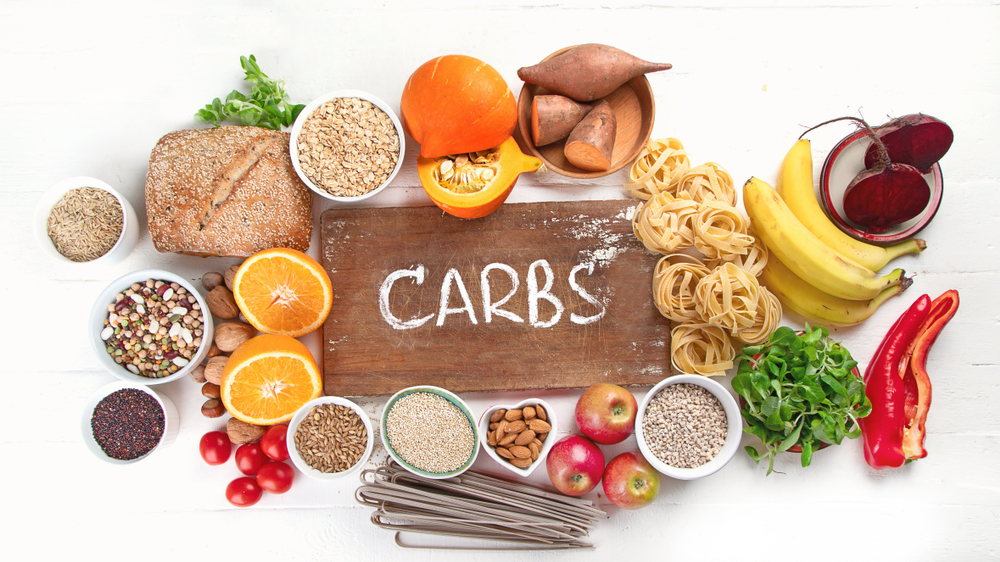It’s a total myth that carbohydrates cause weight gain. Of course, eating too much of any food in excess can cause you to put on pounds, particularly if you consume a plethora of over-processed, refined, starchy carbs.
However, when you make complex carbohydrates a healthy part your diet, you’re actually promoting weight loss along with these eight health benefits…
Carbs Encourage Weight Loss
Studies show that consuming carbohydrates high in fiber promotes weight loss as well as maintenance of a healthy weight. Complex carbohydrates rich in dietary fiber remain in the stomach longer, slowing down and promoting digestion, and keeping us satiated for longer.
Carbs Prevent Binge Eating
Breakfast is the most important meal of the day, particularly when you consume a meal high in “slow-release” carbohydrates. Starting your day with fiber-rich oatmeal or bran cereal will keep your blood sugar level, preventing spikes that cause mid-morning or afternoon binge eating.
Carbs Improve Mood
Research from the Archives of Internal Medicine proves that eating a diet rich in complex carbohydrates makes us happier. Findings revealed that diets higher in carbs encourage serotonin production, a happy chemical that lowers the instance of irritability, depression, and stress.
Carbs Keep Your Digestive System Running Smoothly
Did you know that your body can’t actually digest the fiber in the complex carbohydrates you eat? And that’s a good thing! Dietary fiber promotes healthy digestion by bulking up stool so that bowel movements are regular and also purges the intestines of certain chemicals, illnesses, and diseases (i.e., colon cancer).
Carbs Keep Your Heart Healthy
Studies show that the more soluble-fiber-rich carbohydrates you eat (i.e., from oats, beans, and other grains like quinoa and brown rice) reduce your “bad” LDL cholesterol while improving “good” HDL cholesterol.
Carbs Give You Energy
Sure, protein is an important part of any diet, but it’s carbohydrates that your body depends on for energy. So while you may increase your intake of lean protein to increase muscle-building prowess; your body needs carbs for quick energy conversion to fuel your workouts.
Carbs Improve Memory and Focus
If you go to work or school without a carb-rich breakfast you are doing yourself and your career goals a major disservice. Studies show that college students who ate a fiber-rich brekkie reported improved grades when it came to simple memory tests vs. those kids who chose refined carbs or skipped the most important meal of the day.
Carbs Stabilize Blood Sugar
Now that you know the difference between good carbs (i.e., whole grains, beans, oats, fresh fruits, veggies, and nuts) vs. bad or high GI carbs, which are those that break down quickly into glucose (i.e., white breads, white pasta, processed crackers, cookies, and baked goods) you can understand the power that carbs have over your blood sugar. Eating high GI carbs causes the blood sugar to spike, resulting in food cravings, binge eating, and mood swings. While choosing snacks high in dietary fiber keep the blood sugar level and the appetite satisfied for longer.











